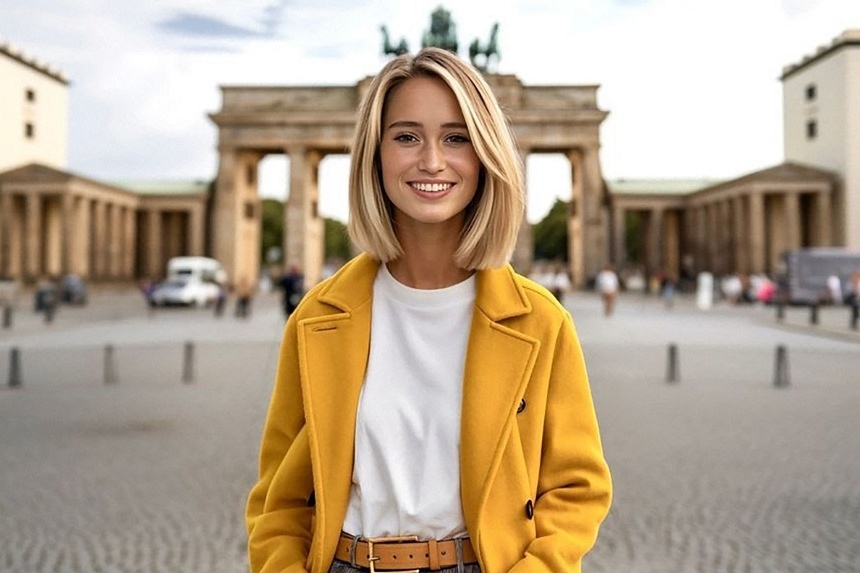
Germany’s National Tourist Board launched a digital campaign that introduced Emma, an AI-generated “travel influencer”. Blessed with blonde hair, perfect complexion and a sunny personality, Emma seems the ideal spokeswoman for German tourism. In her mid-30s and madly passionate about travel and technology, she speaks 20 languages including English with a slight British accent.
As I plan my holiday to Germany this Christmas, I am intrigued by her enthusiastic Instagram posts. Except that her posts fascinate and repel me in equal measure because Emma isn’t a real person. In fact, she’s an entirely artificial intelligence (AI)-generated virtual influencer.
Virtual influencers, often referred to as digital humans or computer-generated imagery influencers, are AI-generated characters that possess realistic looks, personalities and active social media profiles. Already a subscriber? Log in Get exclusive reports and insights with more than 500 subscriber-only articles every month $9.90 $9.
90/month No contract ST app access on 1 mobile device Subscribe now All subscriber-only content on ST app and straitstimes.com Easy access any time via ST app on 1 mobile device E-paper with 2-week archive so you won't miss out on content that matters to you Join ST's Telegram channel and get the latest breaking news delivered to you. Read 3 articles and stand to win rewards Spin the wheel now.













